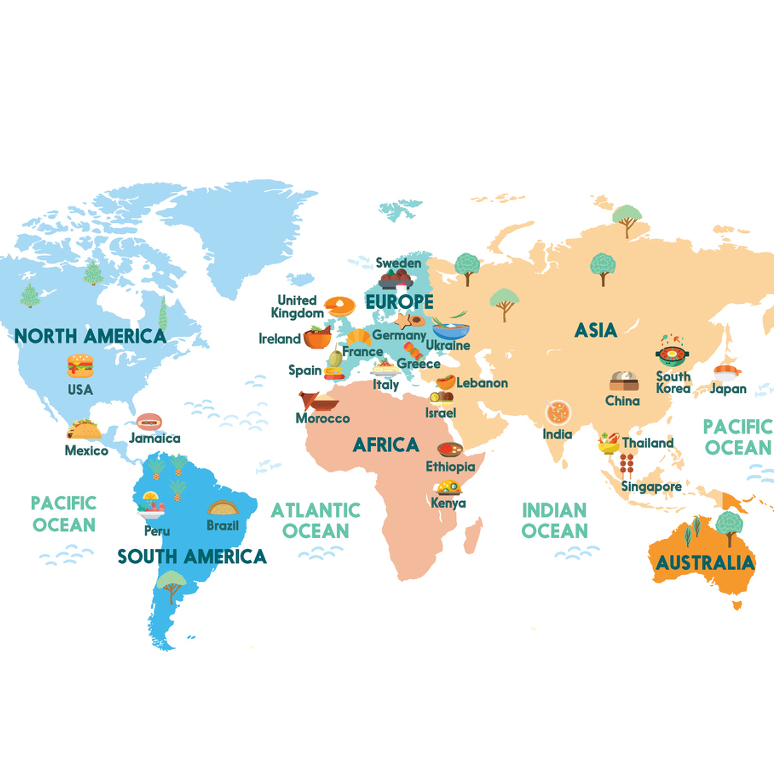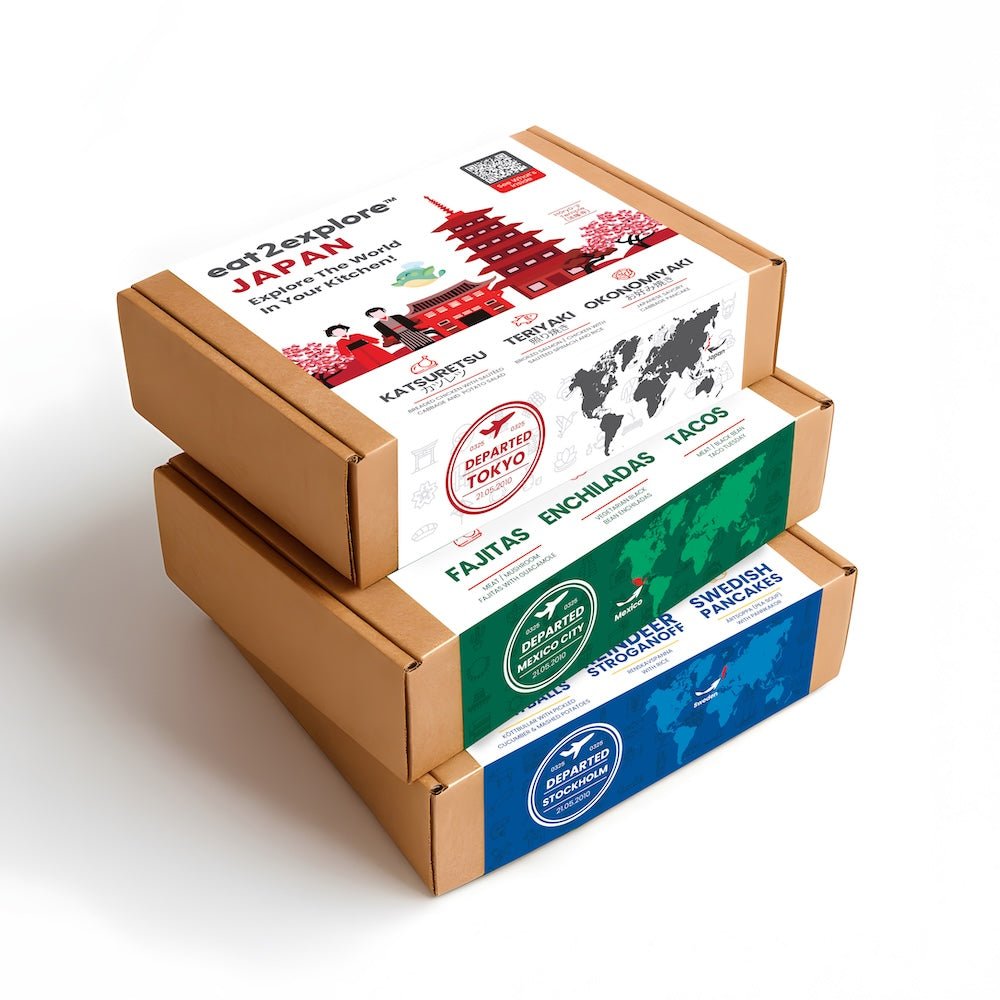The Dragon Boat Festival, or Double Fifth Festival, is an important celebration in China that features three days of food and festivities including dragon boat races! Let’s find out how this 2,000-year-old tradition began.
The dragon boat races are based on several legends, varying by geographical region. Each legend incorporates some of the most important traditions in Chinese culture like virtue, spirit, loyalty, honor, and love.
Three Legends of the Dragon Boat Festival

Chinese calligraphy for "legend"
The Legend of Qu Yuan
Born into a ruling family and serving in high offices, Qu Yuan was the number one minister to the Kingdom of Chu, dedicating his life to making the kingdom stronger.
Qu Yuan advised the king to become allies with the warring state of Qin. But other jealous officials accused him of treason, and the king believed them. Qu Yuan was exiled and spent the rest of his life writing poems showing his love and passion for his country. Some of these poems are still very famous in China.
Then in 278 BC, he learned that his beloved kingdom had been taken over by the very people that he’d advised an alliance with. Qu Yuan was filled with despair, and the legend says he threw himself in the Miluo River.
When the people heard of his death, they went to the river and paddled up and down, searching for Qu Yuan, but they couldn’t find him. They began to hit the water with their paddles and beating drums to scare the evil spirits away.
They threw lumps of rice into the river to feed the fish, so the fish wouldn't eat him. An old Chinese doctor poured realgar wine into the river to poison the monsters and further protect Qu Yuan.
Since then, the people around the area of the Miluo River in China’s Hunan Province have followed similar practices to commemorate Qu Yuan on the 5th day of the 5th lunar month.
Rowing the boats turned into boat racing, and the lumps of rice to feed the fish became sticky rice dumplings, called zongzi. The people also drink realgar wine in recognition of the great patriot Qu Yuan.
The Legend of Wu Zixu
The second legend claimed to be an inspiration for the celebrations took place long before Qu Yuan lived. The story of Wu Zixu originates in the Jiangsu Province of China. He became important to the King of Wu after assisting with the defeat of the Chu State.
But after the king died and his son, Fuchai, took over, things didn’t go so well for Wu Zixu. He was accused of treason. King Fuchai ignored his warnings about a plot to overtake the kingdom of Wu. The once-beloved advisor was sentenced to death and the king ordered him thrown into a river near Suzhou.
According to the legend, the spirit of Wu Zixu was angry at this betrayal. When his body was thrown in the river, he became a powerful water spirit and caused huge tides to rise in the river. The people that sympathized with him called him a deity and said that he became a river dragon.
The Legend of Cao E
And the third story involves a little girl. Her name was Cao E, and she lived in the northern Chinese province called Zhejiang.
Cao's father fell into a river tributary of the Qiantang River and drowned. She was so upset she spent days walking along the banks of the river, crying and calling for her father. On the 5th day of the 5th month, she jumped into the river, determined to find him.
Five days later, she was found with her arms around her father. She had found him, and had died doing it.
The people were so touched by her sacrifice and devotion that they built a temple in 151 AD and renamed that branch of the river Cao's River. Activities, including the Dragon Boat Race, are held in her honor on the day she dove into the water to find her father.
The 5th Day of the 5th Month
All of the tales revolve around the fifth month of the Chinese lunar calendar, called Sweet Sedge Month. The number 5 has significance in Chinese lore as being unlucky. So, the 5th day of the 5th month is super unlucky.
On such an unlucky day, people believed anything bad that could happen, would. People were apt to get sick. Crops would fail. Natural disasters were more likely to occur.

Continuing the traditions to protect themselves from awful things, people hang plants like mugwort and sweet sedge over their doors. Flowering and sweet-smelling, they are said to ward off evil from the home. They also make offerings to the dragon spirits
Why Dragons?

Dragons are considered very powerful in Chinese culture. To get the attention of the dragon spirits and get them to watch over crops and homes, people crafted ornate dragon boats and painted them brightly to represent the dragons.
Considered the most important part, they left the eyes to be painted last, just before the boat races would begin.
Other Traditions of the Dragon Boat Festival

Another tradition is tossing rice wrapped in bamboo leaves into the water. The rice is wrapped in a bamboo leaf to have three points, a shape known as a tetrahedral. In ancient times, this shape was said to represent the horns of a cow, also a sacred symbol The people would throw the rice bundles into the water as an offering to ensure abundant crops and good blessings.
During the festival, parents make bracelets braided from five strands of colored silk using green, red, black yellow, and white, which are lucky colors. They tie these around the wrists and ankles of their children to ward off bad spirits and keep them healthy. The bracelets are tossed into the water during the first rain after the Dragon Boat Festival to protect the children from illness and disease.
Another protection from bad stuff is wearing perfumed pouches made from little silk bags filled with herbal medicines.
Foods of the Dragon Boat Festival
Every festival has food. It wouldn’t be complete without something tasty to enjoy. The Dragon Boat Festival definitely has its fair share of culinary delights.

The rice bundles from the Qu Yuan legend became zongzi, sticky rice dumplings filled with red bean paste, fruit, or meats wrapped in leaves and steamed. Eating zongzi became part of the traditional food surrounding the Dragon Boat Festival all the way back in 340 AD.

Eels are another delicacy enjoyed during the festival. Especially eels that are from the rice fields. Often stewed with tofu and shiitake mushrooms, they're a popular food in the provinces of southern China.

Eggs that are either boiled in tea or boiled with garlic are thought to keep away bad luck, misfortune, and poisonous insects. They’re part of breakfast for the festival.

And in southeast China, there is a tradition for eating Jian dui, also called a sesame ball. It’s a deep-fried ball made of wheat or rice flour, coated in sesame seeds, and filled with red bean paste.
The lore surrounding Jian dui is that the rainy season before the festival is caused by holes in heaven. Eating Jian dui helps to plug up the holes and stop the rain.
Celebrate the Dragon Boat Festival with eat2explore!

The Dragon Boat Festival is important, honoring some famous figures in Chinese history, incorporating culture, tradition, and superstition and celebrating the values of these legendary people.
You can include amazing Chinese foods during your own Dragon Boat Festival by checking out the China box from eat2explore!







